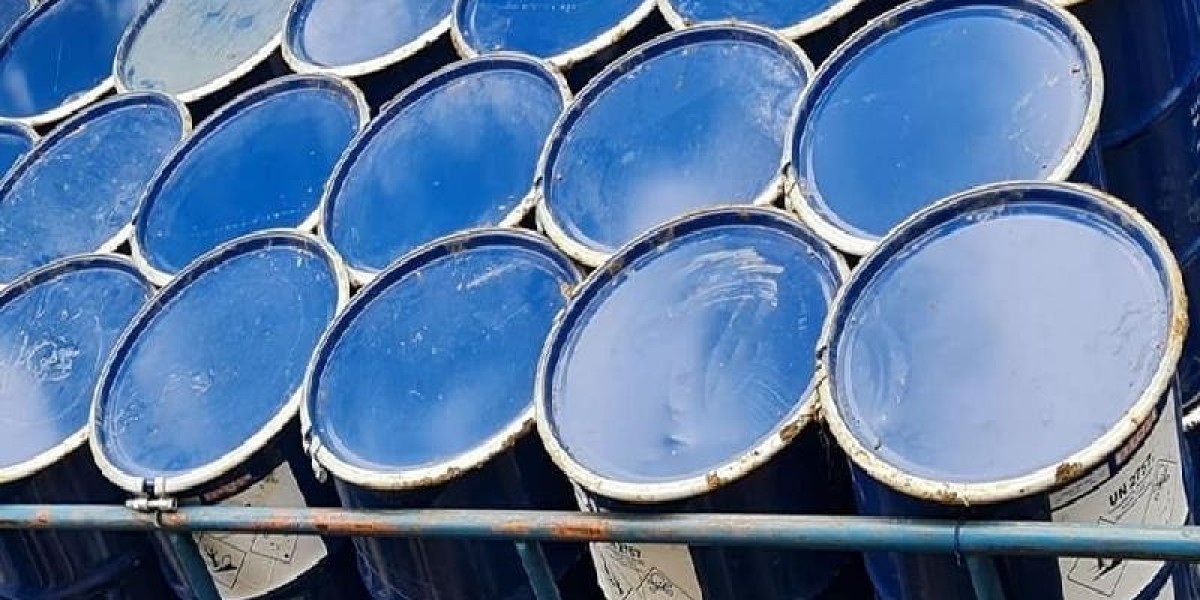Disadvantages of ethanol
Ethanol is often promoted as a clean, affordable alternative to gasoline, but the production and application of ethanol is not entirely optimistic. The main argument about corn and soybean biofuels is the large tracts of land it takes away from food production.
Growing corn to produce ethanol requires a lot of synthetic fertilizers and herbicides. In general, corn production is a common cause of nutrient and sediment contamination. In addition, the usual procedures of industrial corn growers versus profitable and indigenous grain growers were considered more environmentally harmful overall.
What modifications are needed to run ethanol fuel?
Ethanol has a higher octane rating (113) than conventional gasoline fuels. Thus, this allows for an increase in the compression ratio of fuel mileage.
However, this increased compression ratio will cause approximately 20% stress amplification on the engine and its components such as pistons, crankshafts, valves, etc. As a result, ethanol-powered engines have higher rigidity and strength compared to conventional engines.
Second, E100, the purest form of ethanol, has a low calorific value. Therefore, the flow of ethanol needs to be improved to produce the same amount of energy. This has led to critical modifications to fuel intakes and injectors to deliver more fuel.
Third, ethanol (ethanol msds) has a high RON value, which varies between 0 and 100, and defines how the fuel conducts in the engine during combustion. This means that ethanol is more resistant to spontaneous explosions. Ethanol applications require an additional heating system.
This is why ethanol or E100-powered cars are difficult to start at colder temperatures. A supplementary petrol tank is attached for conveying the initial crank.








